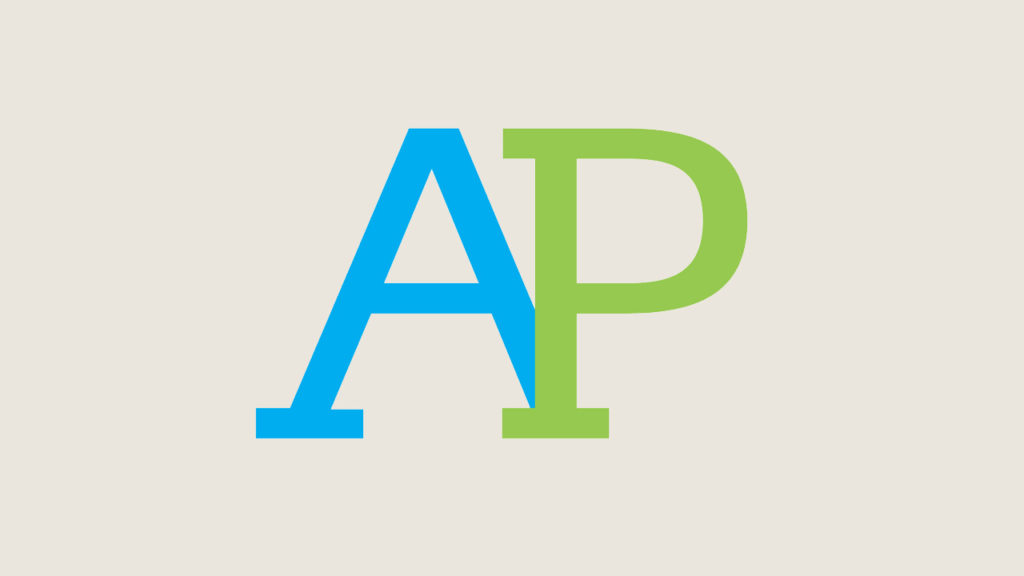AP classes and exams are a great way to cut down on college tuition. They provide a means of taking college-level classes for free, long before you ever set foot on campus. And if done well, they allow you to accumulate college credits, that can help cut down on the length of time you spend in college, and consequently, the amount of money you spend on classes. There’s a lot of hard work involved, but the results can mean the difference between graduating college with a bill or walking out sooner than expected and with absolutely zero debt.
The work surrounding AP exams can be daunting to many. But, to be honest, their benefits are actually quite incredible. Don’t be scared. Embrace the challenge and let’s jump right in!
Think about the cost of taking the class
Every AP class you take and pass in high school, is money you directly save. Taking an AP class in high school, most likely will cost you nothing (unless you’re in a private school). However, the same class taken during your freshman year can cost you a few thousand dollars at a four-year institution. Now multiply that over all the classes you’re taking in your freshman year, that you could have taken in your junior or senior years of high school – for free!
In fact, if you plan it out ahead of time, you could save yourself the time and money of finishing most of your freshman year, in high school itself. It should be the case that most of the AP classes offered in high school are accepted in most colleges across the country, to fulfill the General Education requirements coursework for freshman year. No matter what major you choose, you’re going to have to take the same Gen-Ed classes – English, Science, Social Science, Language, etc. All these classes are offered in the AP exam curriculum and can be completed before you even start your first day in college. By completing the courses in high school you’re saving yourself about a quarter of your entire college tuition, as well as a quarter of the time, allowing you move ahead to coursework that is more relevant to your intended major.
You’ll get more 1-on-1 interaction and assistance
Most AP exams let high school students take and test out of introductory college-level courses – meaning, these would be the courses that you’d be taking during the 1st or 2nd semester of your freshman year of college. Sure, you could avoid AP classes altogether in high school, but the experience you’d have taking the same course in a college setting would be vastly different than that of the high school environment. One of the most glaring differences is the amount of help you’re going to get.
Taking the class in high school would mean that you’re 1 of maybe 20 students taking the class. You’ll be in a more personalized and comfortable setting, you’ll be close to the chalkboard so you can see what’s being written, be able to ask more questions during class, you can get more time with the teacher after class to get help with difficult concepts or homework questions.
Now, let’s compare this to your freshman year in college. The same class would be in a 250-student capacity lecture hall. You’ll have to be early to catch a seat in the front rows, so you can see what the Professor’s writing. You’re now 1 of 212 students, and the Professor isn’t going to pay any special attention to you, or give you any extra time to learn the material. Chances are, the Professor will have a Teachers Assistant (TA) handling most of the interactions with the student, grading papers and running office hours or tutoring sessions. You’ll have to compete with about 50 students for limited time with the TA, to get extra help. I think you get the picture.

